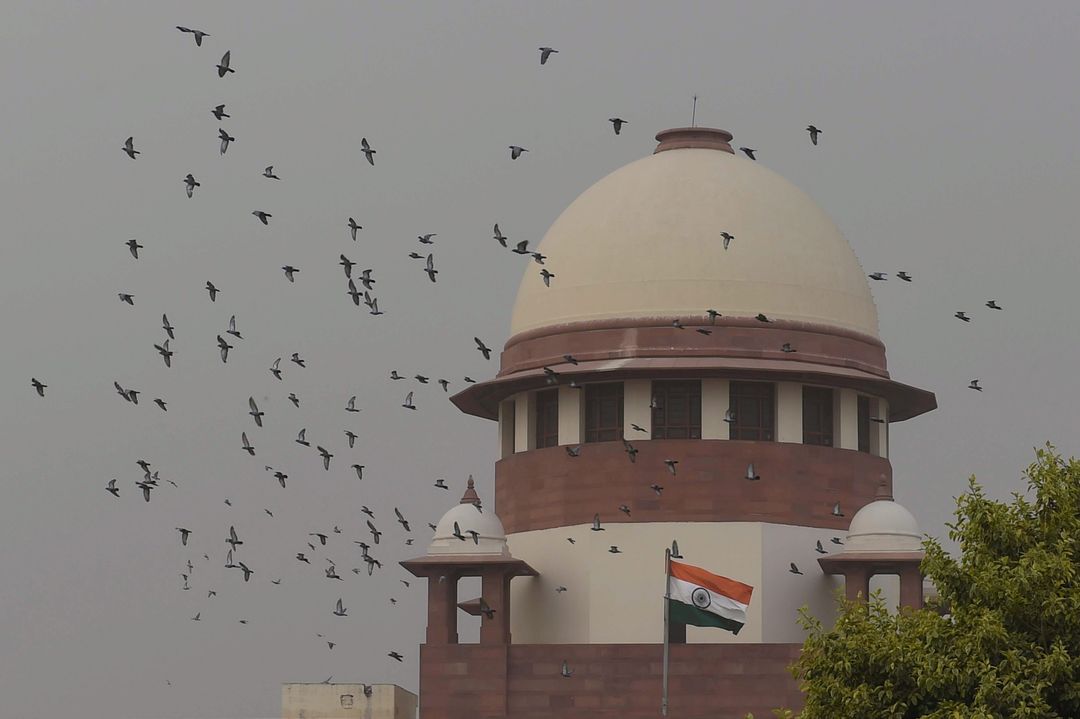
In a landmark decision, the Supreme Court of India declared on Monday that visually impaired individuals cannot be denied opportunities for employment within judicial services, emphasizing the importance of equality and inclusion.
A bench comprising Justices J.B. Pardiwala and R. Mahadevan delivered this significant judgment after reserving its verdict since December 3 last year. The court was addressing six petitions, including a suo motu (on its own motion) case, highlighting the denial of reservation to visually impaired candidates in judicial service recruitments in various states.
Justice R. Mahadevan, delivering the judgment, underscored that individuals with disabilities must not experience any form of discrimination during judicial service recruitment processes. He stressed the obligation of the State to implement affirmative actions, ensuring a framework inclusive of all citizens.
The court explicitly stated that candidates could not be excluded from consideration based solely on their disability status. Further strengthening its stance, the Supreme Court struck down specific provisions in the Madhya Pradesh Services Examination (Recruitment and Conditions of Services) Rules, 1994. Particularly, Rule 6A and Rule 7, which prevented visually impaired and candidates with low vision from entering judicial services, were set aside."Any indirect discrimination that results in the exclusion of persons with disabilities, whether through cutoff or procedural barriers, must be interfered with in order to uphold substantive equality," Justice Mahadevan said.
The apex court clarified that Persons with Disabilities (PWD) who previously participated in the selection processes are now entitled to be reconsidered for judicial appointments in line with this verdict. Eligible visually impaired candidates can be appointed to vacant judicial posts, reinforcing the commitment to equal opportunity.
This verdict follows the Supreme Court's previous directions, issued on November 7 last year, aiming to secure equitable opportunities nationwide for individuals with benchmark disabilities (PwBD) in judicial service examinations.
The detailed judgment is awaited, which is expected to outline additional guidelines for inclusive recruitment practices in judicial services.